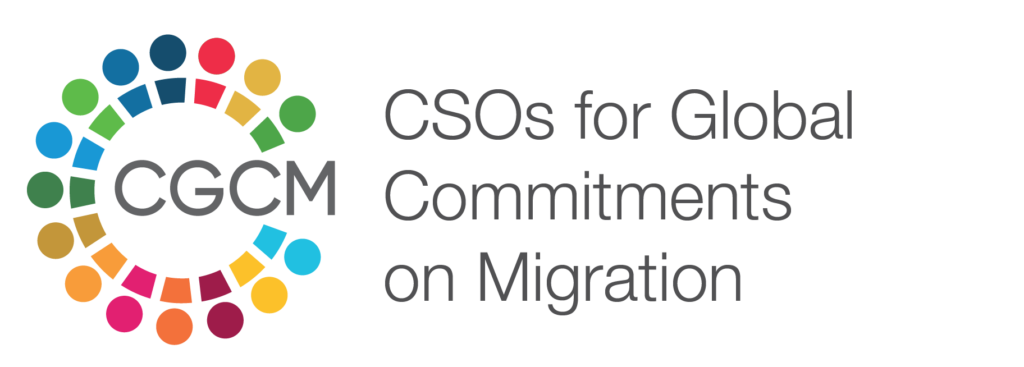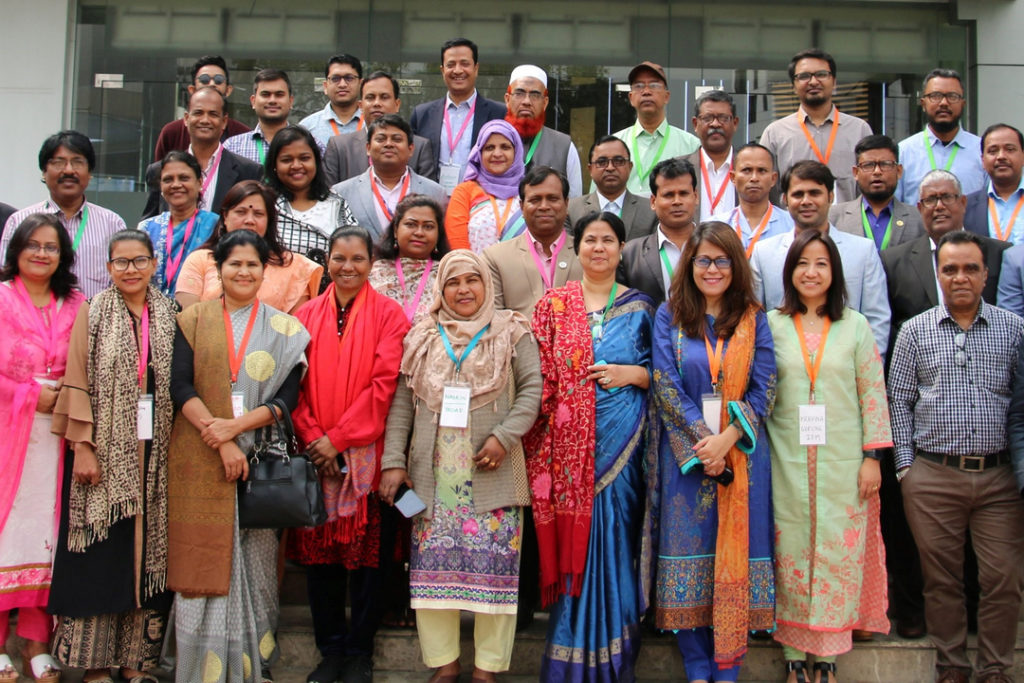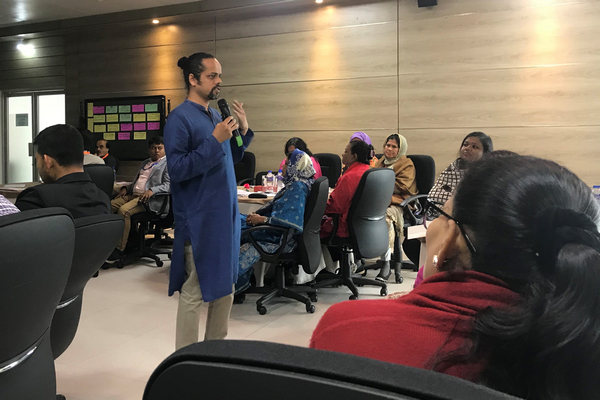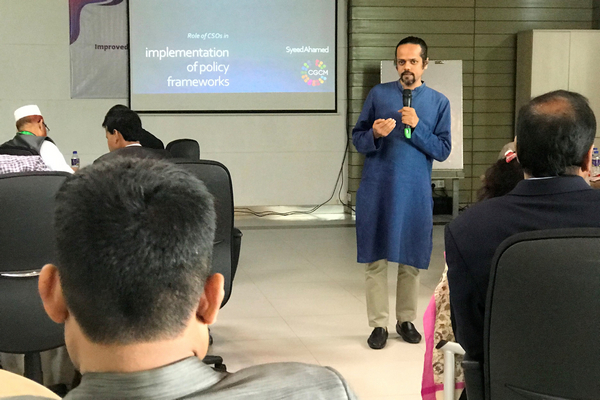Multiplicity of CSOs is key in policy advocacy
Connecting a large number of civil society organizations (CSOs) and taking a wide range of approaches for policy advocacy can ensure a meaningful CSO engagement in public policy, said Syeed Ahamed, CEO of IID and founding member of CGCM (CSOs for Global Commitment on Migration) at a two-day lesson-sharing workshop on migration policy and civil society engagement.
Drawing on the lessons from CGCM, he asserted that a proper mapping of partners’ strengths and comparative advantages can help to ensure a stronger partnership, where different partners can focus on complementarities, instead of competitions.
Using examples from CGCM experiences, he demonstrated that instead of a sole approach, multiplicity in approaches can also bring effective results in policy advocacy.
Mentioning how civil society can play both critical and supportive role in public and non-public, he recommended that CSOs need to do policy advocacy on all fronts.
For the partnership mapping of CSOs, he shared the Japanese concept of ‘Ikigai’, suggesting it as a unique tool to identify partners’ passion, capabilities and willingness to contribute to any specific area of policy advocacy work and to the world.
The workshop for ‘Strengthening Civil Society Engagement for Improved Migration Governance and Sustainable Reintegration’ was organized by IOM Bangladesh through the PROTTASHA project, funded by the European Union (EU) on 22 and 23 February 2020, at BCDM Rajendrapur, Gazipur.
CGCM was invited to share its findings and facilitate a session on the ‘Role of CSOs in the Implementation of Policy Frameworks’ and discuss how CSOs can contribute to the policy arena.
As the secretariat of CGCM, IID attended the workshop. The workshop also brought together representatives from the CSO platforms of National Alliance for Migrants’ Rights Bangladesh (NAMRB), Bangladesh Ovibashi Adhikar Forum (BOAF) and Bangladesh Civil Society for Migration (BCSM).



